Two publishers asked if we’d try something unusual. It was the same unusual thing — reviewing an entire trilogy in one go — for two different series and two different reasons.
One series, Brian Stavely’s The Emperor’s Blades, was about to conclude. The other, Martin Leicht and Isla Neal’s The Ever-Expanding Universe, had been published by one imprint as YA, and was being given a second chance as a series for adults by another imprint of the same house. Though I knew reviewing two trilogies in this way would reduce the number of posts I made to BG this year considerably, I was curious. So here we are.
The Ever-Expanding Universe follows the adventures of a daring young engineer whose dreams of interplanetary exploration and college, not necessarily in that order, seem at first to be dashed by a bout of teen pregnancy. Thanks to the cover copy, it’s no spoiler to tell you that the young engineer’s baby daddy and not-quite-boyfriend turns out to be of extraterrestrial ancestry, and the most contested commodities in a resource war between two alien species are the bodies of the girls at the near-earth-orbit boarding school for unwed mothers where Elvie Nara has gone to hide from her high school nemesis.
Is it worse when Cole Archer, the sort-of-boyfriend, turns out to be an alien commando, or when Cole’s definitely-girlfriend and Elvie’s aforementioned cheerleader nemesis Britta McVicker turns out to be one of Elvie’s classmates for prenatal yoga? The three of them, and an impressively varied passel of other gravid girls seriously irked at having been tricked by alien boyfriends, spend the first volume of the series, Mothership, dodging ruthless alien attackers and fleeing through a booby-trapped and sabotaged space cruise ship refitted as a high school.
It’s a delightful mix of suspense, fight scenes, engineering puzzles involving transitions from one gravity or atmospheric environment to another, slapstick comedy, social satire, secret history, and stuff blowing up real good, all delivered by a hilariously smart first-person-smartass narrator you want to see triumph. How could any SFF reader resist? How did we miss this series when it first came out? Why is it not already a classic of humorous science fiction?
…
Read More Read More
 About eight years ago, when I was struggling to get my short stories published, I picked up the two-volume biography of Edgar Rice Burroughs by Irwin Porges. I think I’d been looking for some communion with a writer I’d enjoyed as a teen; I got that and more, including a reassurance that I was on the right track.
About eight years ago, when I was struggling to get my short stories published, I picked up the two-volume biography of Edgar Rice Burroughs by Irwin Porges. I think I’d been looking for some communion with a writer I’d enjoyed as a teen; I got that and more, including a reassurance that I was on the right track.
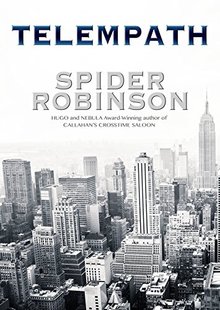 I’m a long-time fan of Spider Robinson’s work, and I’ve written about his Callahan’s Bar Stories and novels
I’m a long-time fan of Spider Robinson’s work, and I’ve written about his Callahan’s Bar Stories and novels 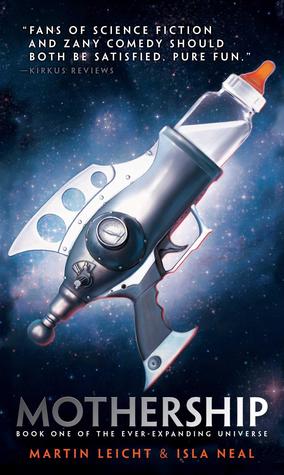
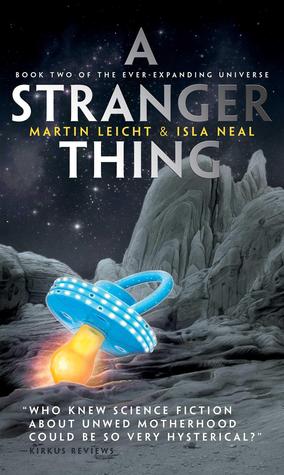
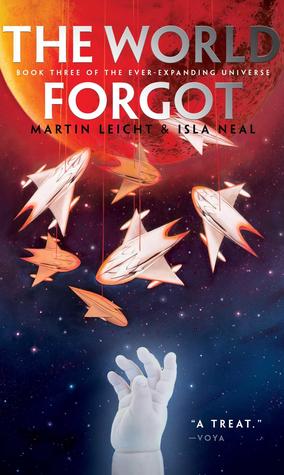





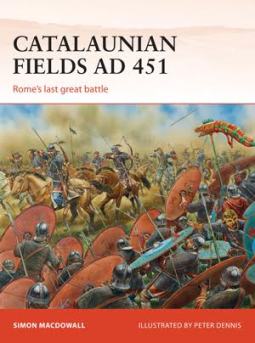 It’s the one thousand, five hundred and fifty sixth anniversary of the Battle of the Catalaunian Fields, otherwise known as the Battle of Chalons!
It’s the one thousand, five hundred and fifty sixth anniversary of the Battle of the Catalaunian Fields, otherwise known as the Battle of Chalons!